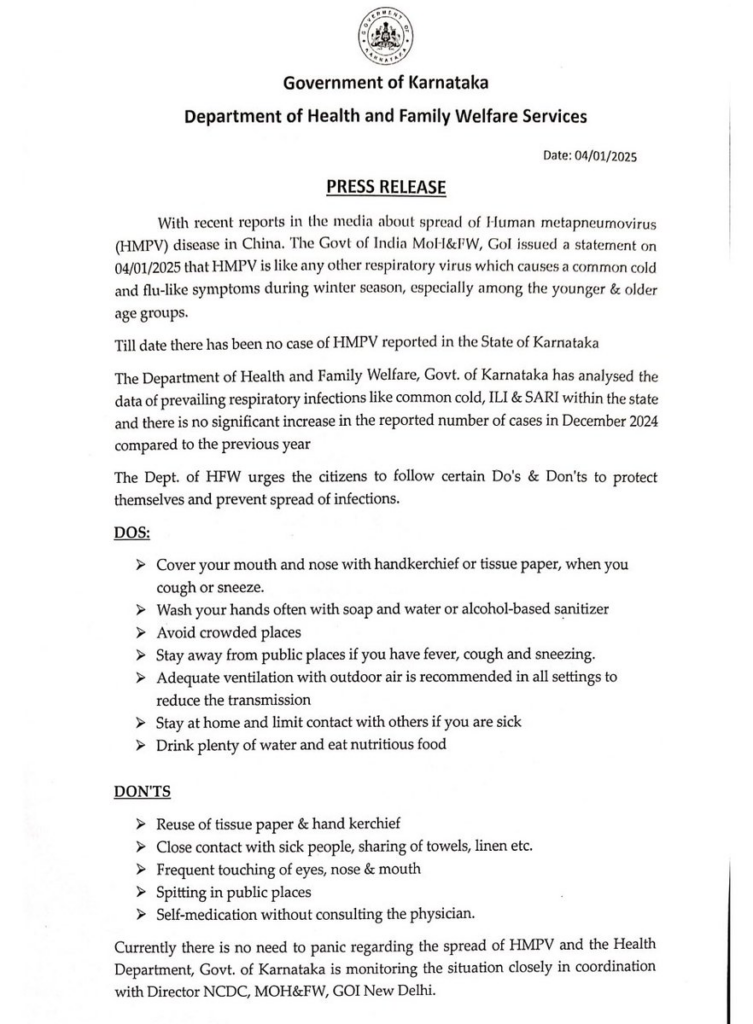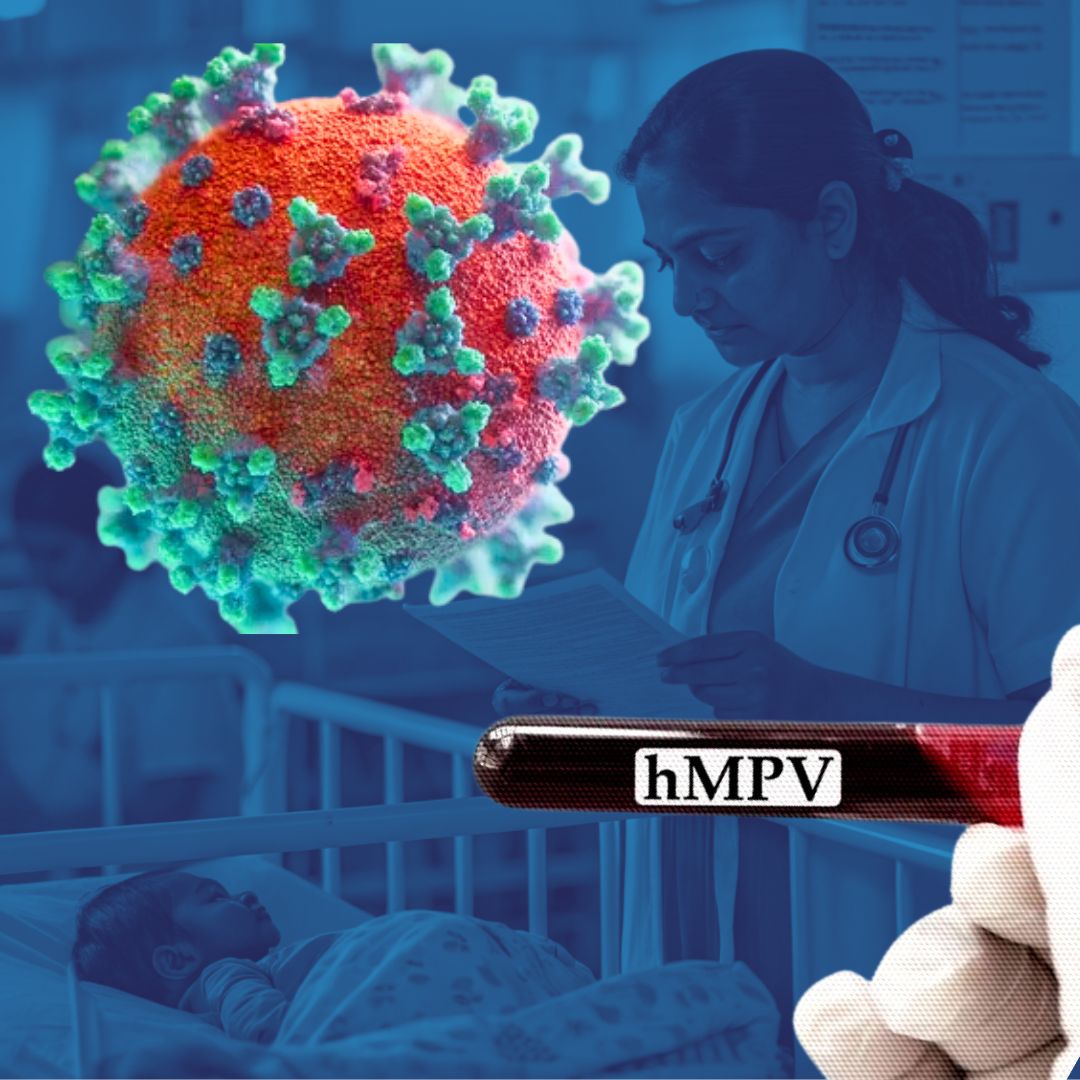An eight-month-old baby in Bengaluru is suspected to have tested positive for Human Metapneumovirus (HMPV), marking the first suspected case in India. The infant, admitted to Baptist Hospital, has no travel history, raising concerns about local transmission. Health officials have confidence in the findings from the private hospital that conducted the tests, although they have not yet confirmed the specific strain of the virus. Experts stress that HMPV is a common respiratory virus and there is no immediate cause for alarm.
First Confirmed Case of HMPV in India
The case was reported on January 6, 2025, at Baptist Hospital in Bengaluru. Health department officials acknowledged that while they did not conduct the laboratory tests themselves, they trust the procedures of the private facility. Dr. Anup R Varrier noted that HMPV is not a new virus in India, having been detected previously, but emphasized the need for further investigation into whether this strain is a variant associated with recent outbreaks in China. Symptoms typically include cold-like manifestations such as cough and fever, particularly concerning for young children and those with compromised immune systems.
Background on HMPV and Its Implications
HMPV is a respiratory virus that primarily affects infants and young children, often causing symptoms similar to other respiratory infections. It spreads through respiratory droplets and can lead to more severe conditions like bronchiolitis or pneumonia in vulnerable populations. The detection of HMPV comes amid global concerns about its spread, particularly following reports of increased cases in China. However, Karnataka health officials have reassured the public that there is currently no need for alarm, as most cases are mild and manageable.
The Logical Indian’s Perspective
This emerging case of HMPV serves as a reminder of the importance of vigilance in public health, especially as we navigate potential new viral threats post-COVID-19. While it is crucial to remain informed and cautious, it is equally important to foster a community spirit of support and understanding during such times. How can we collectively enhance our awareness and preparedness for respiratory illnesses in our communities?














